Indigenous Governance Database
cultural values
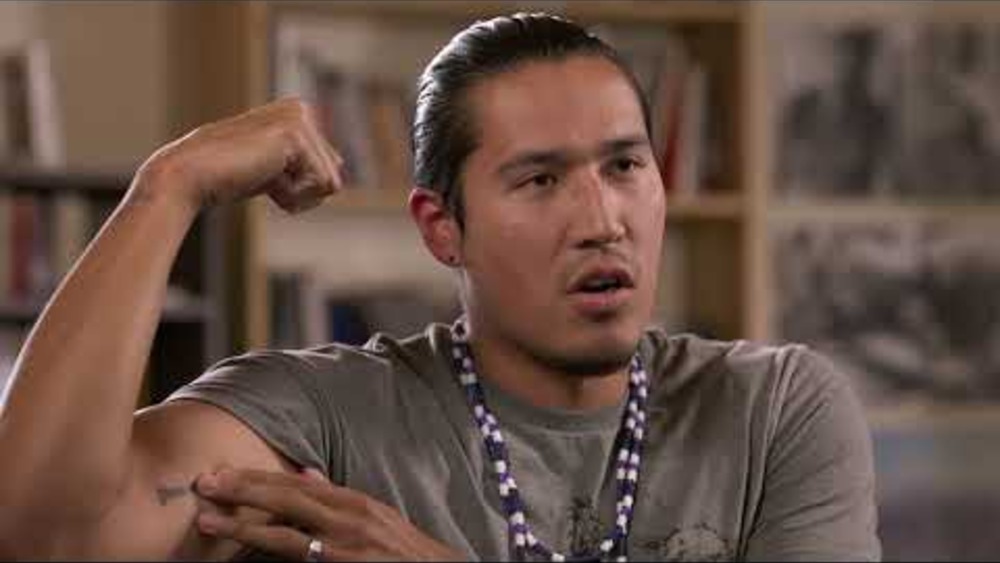
Native Treaties: Making Relations
Historically, intertribal relationships helped to maintain diplomacy and peace prior to the existence of the United States government. How can Native nations’ ethical and cultural values aid in today’s political climate? Produced in partnership with Twin Cities PBS and producer/director Missy…
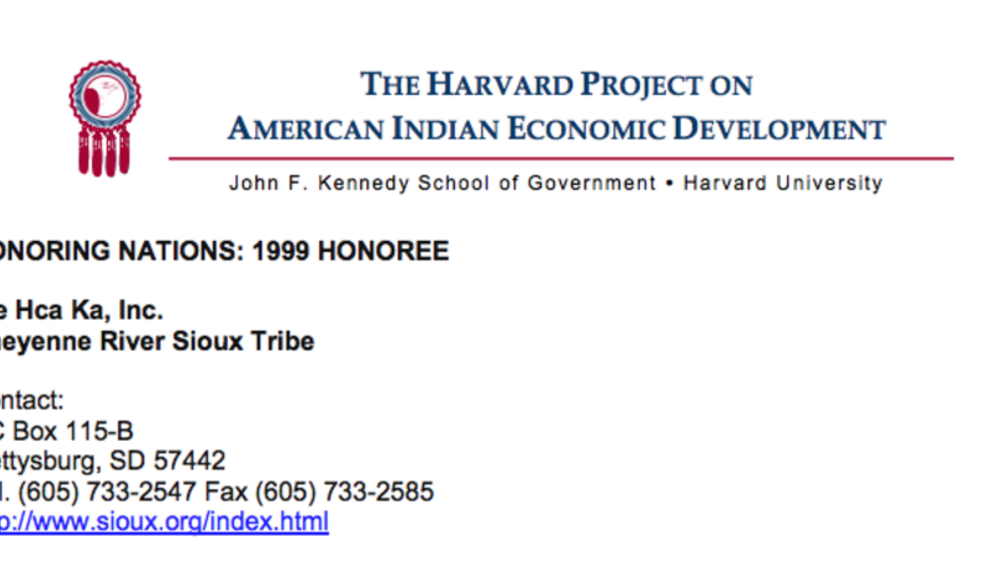
Pte Hca Ka, Inc. (Cheyenne River Sioux Tribe)
This tribally chartered corporation developed a culturally compatible management system for reestablishing buffalo as a focal point for socio-economic development, community cohesion, and self-determination. Pte Hca Ka, Inc. operates a mobile meat processing facility, and is currently seeking…
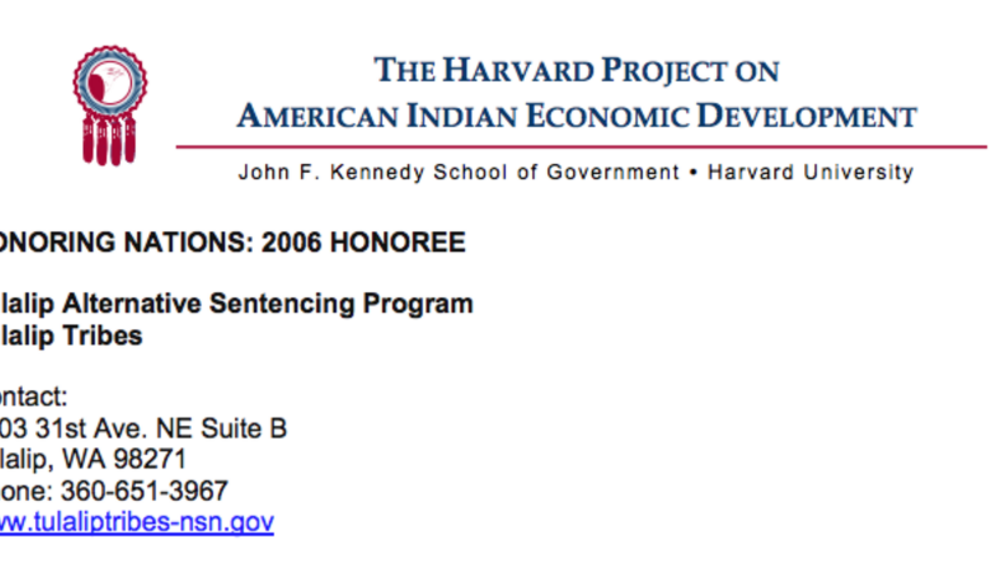
Tulalip Alternative Sentencing Program
Born out of a need to create a judicial system that Tulalip citizens can trust and that also helps offenders to recover rather than just "throwing them away," the Tulalip Tribal Court Alternative Sentencing Program supports efforts to establish a crime free community. Focusing on the mental,…
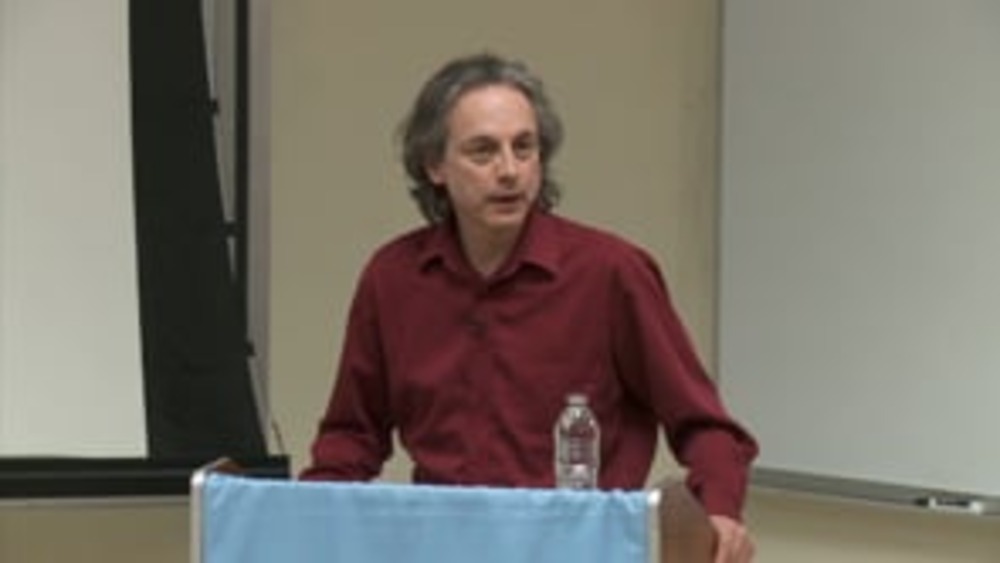
Robert Innes: Elder Brother and the Law of the People: Maintaining Sovereignty Through Identity and Culture
Robert Innes, a citizen of the Cowessess First Nation in Saskatchewan, discusses how traditional Cowessess kinship systems and practices continue to structure and inform the individual and collective identities of Cowessess people today, and how those traditional systems and practices are serving…
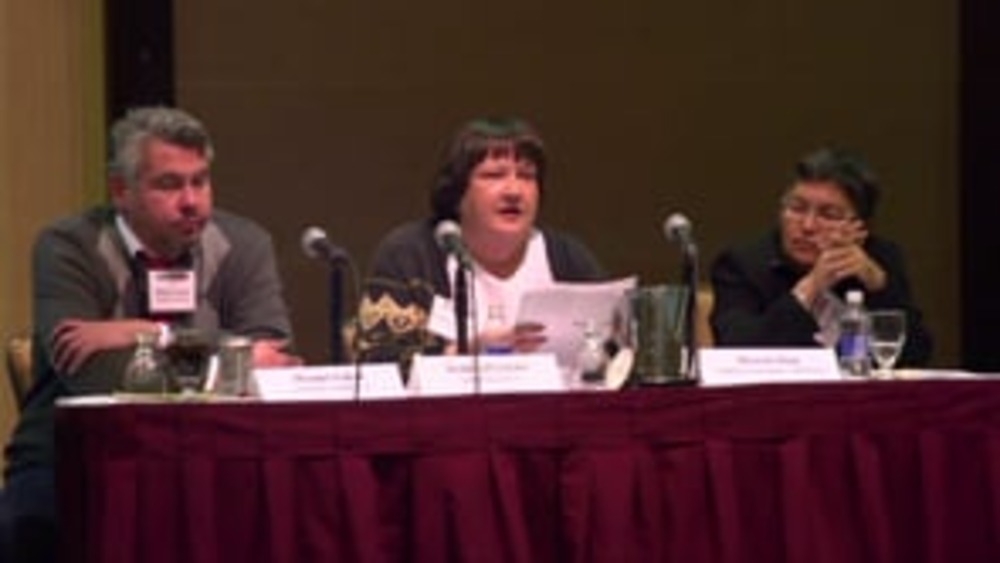
Deborah Locke: Disenrollment: My Personal Story
Deborah Locke, adopted by a Fond du Lac Band of Lake Superior Chippewa couple when she was a small child, shares her heartbreaking story of how she and her adopted siblings were disenrolled by the Band decades later because they were not the biological descendants of Fond du Lac Band members and…
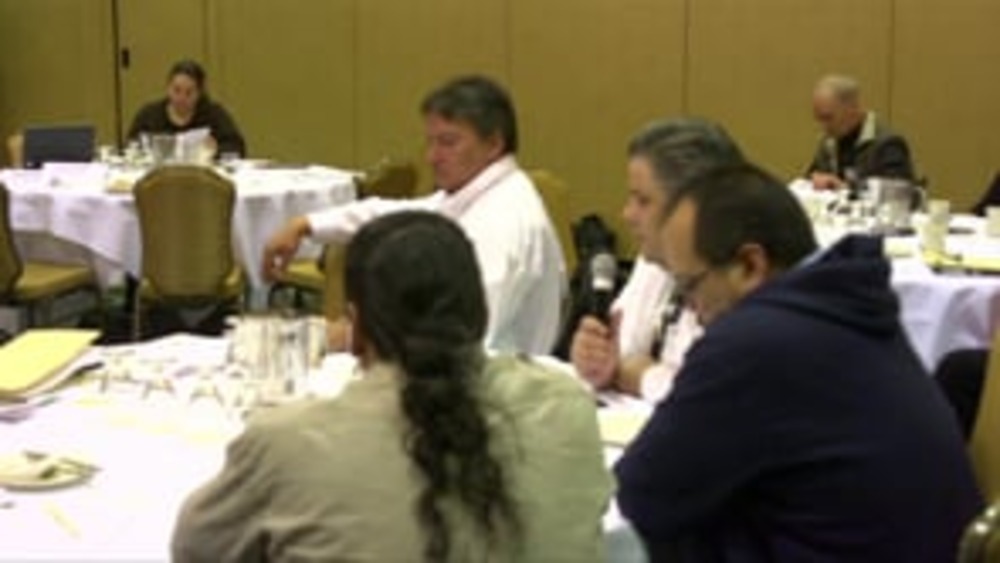
Jill Doerfler and Matthew Fletcher: Defining Citizenship: Blood Quantum vs. Descendancy (Q&A)
Panelists Jill Doerfler and Matthew Fletcher fields questions from the audience, and several participants offer their heartfelt perspectives on the complicated cultural and social dynamics surrounding citizenship and identity in their respective Native nations and communities. This video…
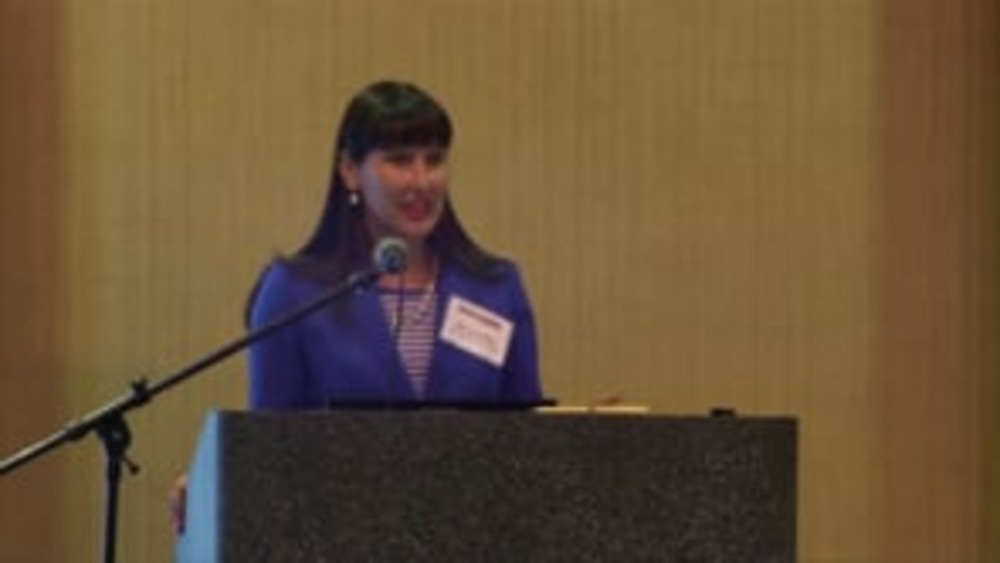
Jill Doerfler: Defining Citizenship: Blood Quantum vs. Descendancy
Scholar Jill Doerfler (Anishinaabe) talks about the colonial origins of blood quantum as a criterion for determining "Indian" and tribal identity, and explains how the federal government imposed that criterion upon the White Earth people in order to divest them of their land. She also stresses the…
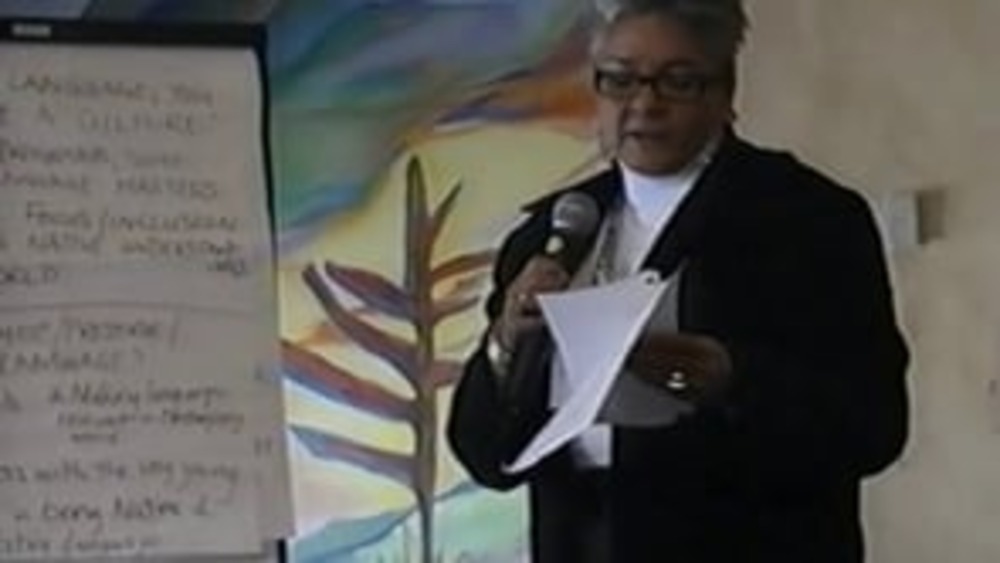
Honoring Nations: JoAnn Chase: Cultural Affairs
JoAnn Chase reports back to her fellow Honoring Nations sympoisum participants about the consensus she and her fellow cultural affairs breakout session participants reached concerning the need for Native nations to fully integrate culture into how they govern, and also to ensure that their…
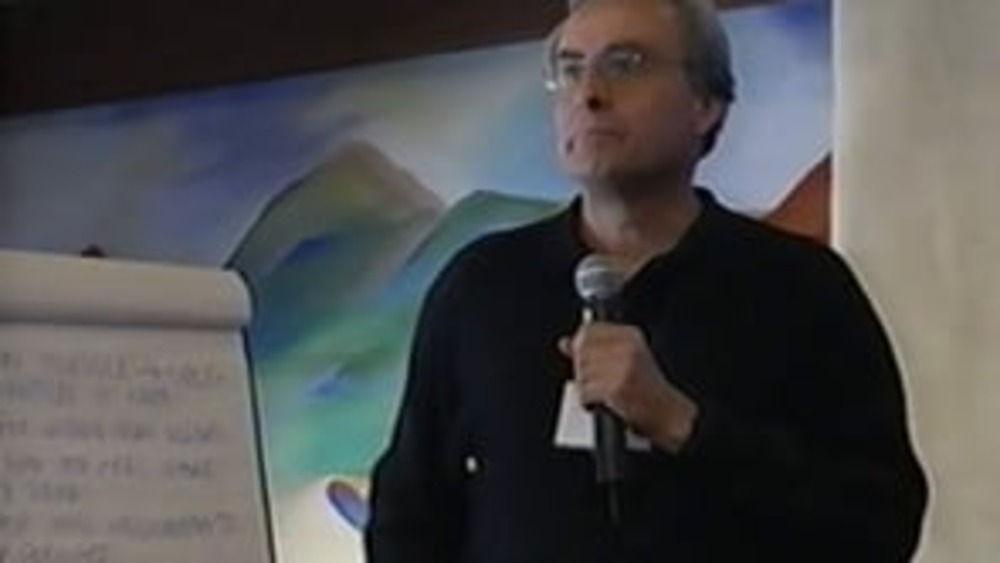
Honoring Nations: Roger Boyd: Economic and Community Development
Economic development specialist Roger Boyd (Navajo) reports back to his fellow Honoring Nations symposium participants the consensus from his group regarding some strategies that Native nations should think about and pursue in order to build a sustainable framework for economic development.
Honoring Nations: Hilda Faye Nickey: The Mississippi Choctaw Tribal Court System
Mississippi Choctaw Chief Justice Hilda Faye Nickey discusses the Choctaw tribal court system, and provides an overview of Choctaw's youth court and how it works to educate Choctaw youth about Choctaw ethics and core values in order to set them on the right path.
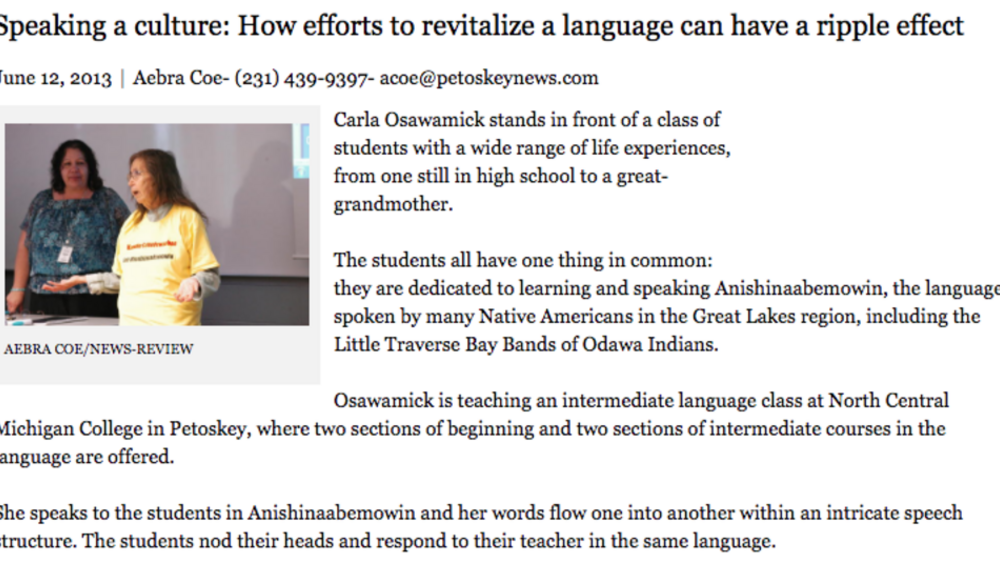
Speaking a culture: How efforts to revitalize a language can have a ripple effect
Carla Osawamick stands in front of a class of students with a wide range of life experiences, from one still in high school to a great-grandmother. The students all have one thing in common: they are dedicated to learning and speaking Anishinaabemowin, the language spoken by many Native Americans…
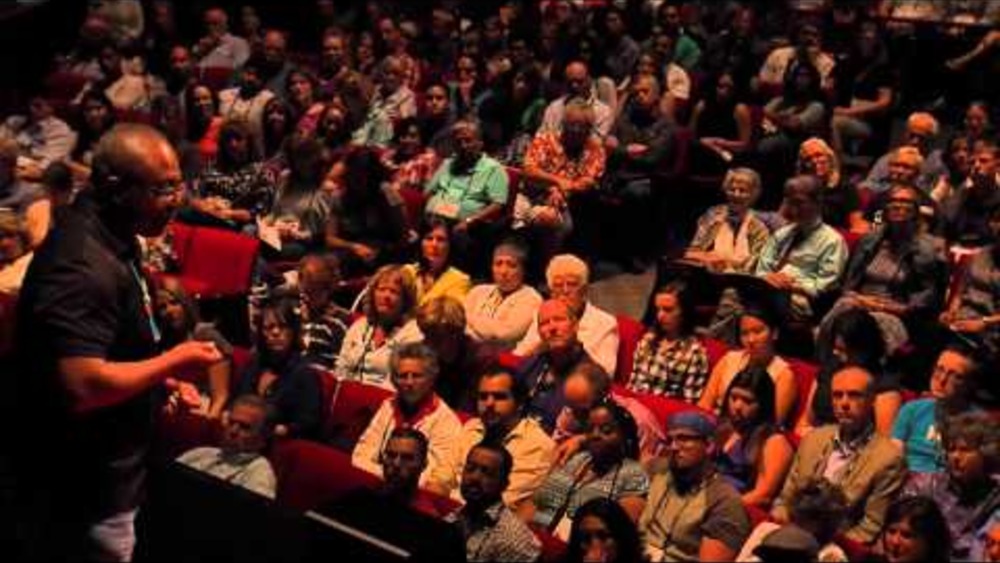
Richard Luarkie: Choosing to be Bitter or Better: A Perspective from a Pueblo Upbringing
Pueblo of Laguna Governor Richard Luarkie shares his rich Pueblo upbringing, a deep tradition of contribution to community, and inspiration to live a great life. Richard has a passion to contribute to global economic and community advancement using his Pueblo cultural values and teachings.
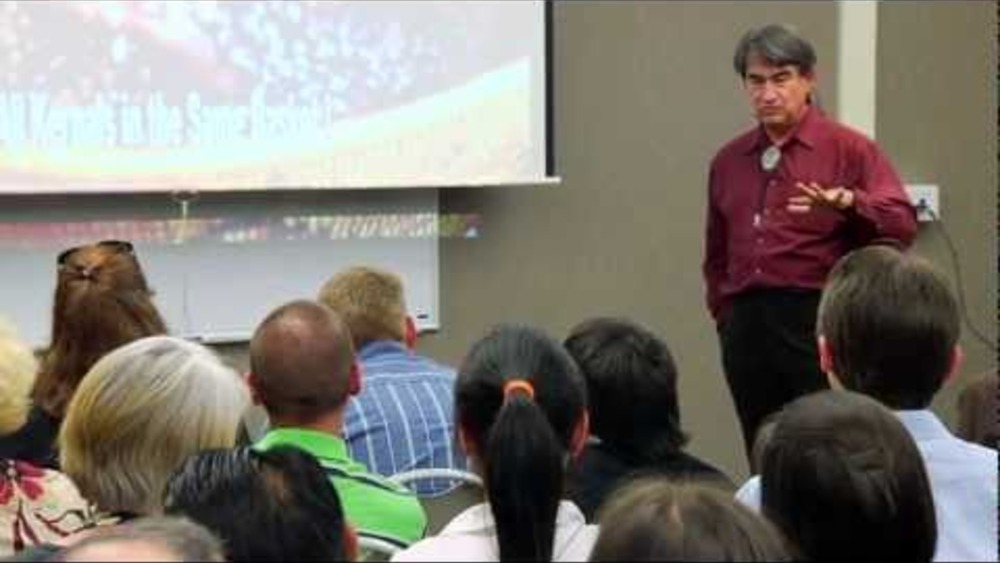
Gregory Cajete: Rebuilding Sustainable Indigenous Communities: Applying Native Science
Dr. Gregory Cajete spoke as part of the "Alternative Forms of Knowledge Construction in Mathematics and Science" lecture series in Portland, Oregon which is co-sponsored by Portland State University and Portland Community College. The series features guest speakers who examine forms of mathematical…
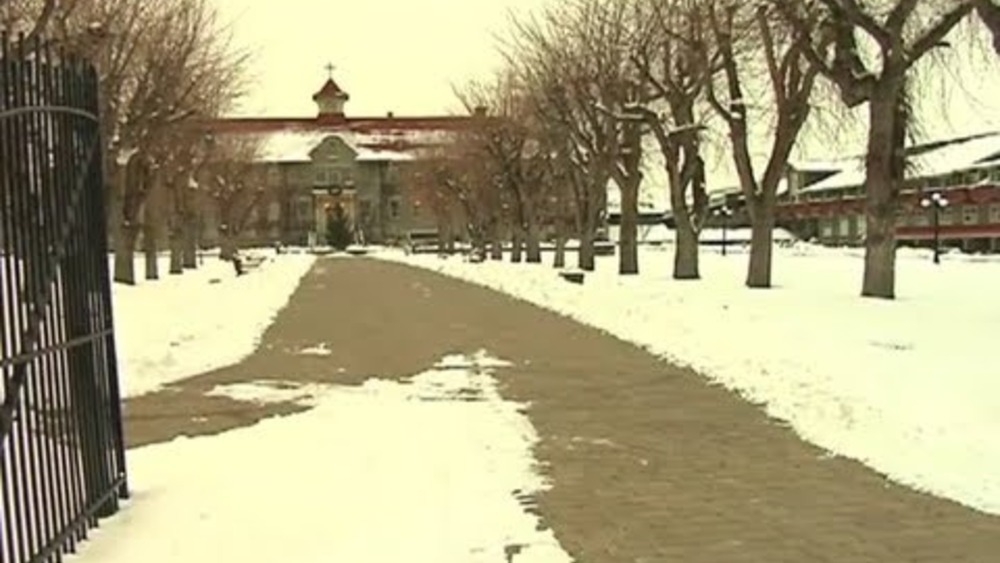
Ktunaxa Nation: Building from their Vision
This video, produced by the National Centre for First Nations Governance, offers a history behind the vision or mission statement of the Ktunaxa Nation in British Columbia.
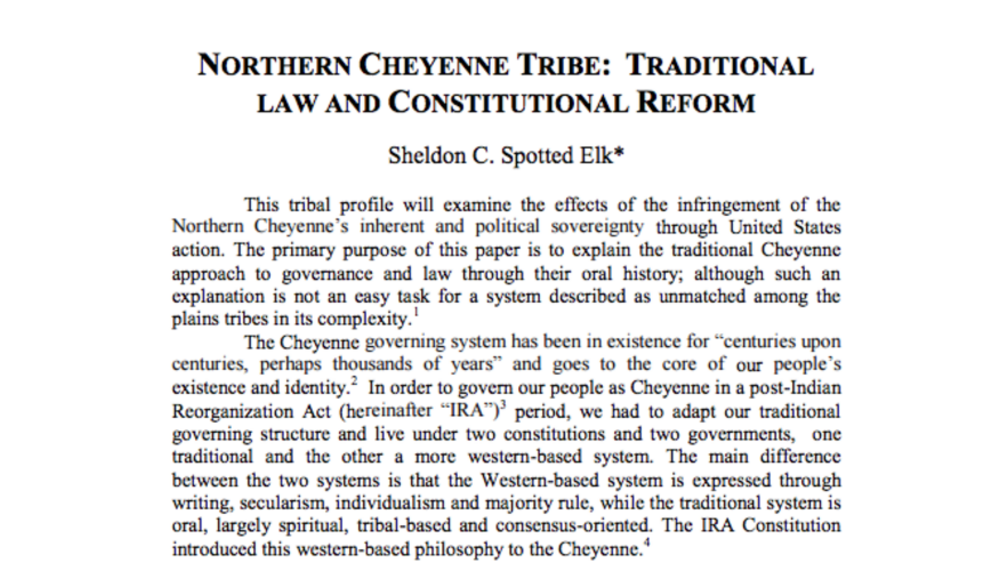
Northern Cheyenne Tribe: Traditional Law and Constitutional Reform
This profile by Sheldon C. Spotted Elk examines the U.S. government's infringement on the Northern Cheyenne's political sovereignty. Most significantly, it examines the relationship between the oral history of the Northern Cheyenne and its impact on traditional tribal governance and law. Following…
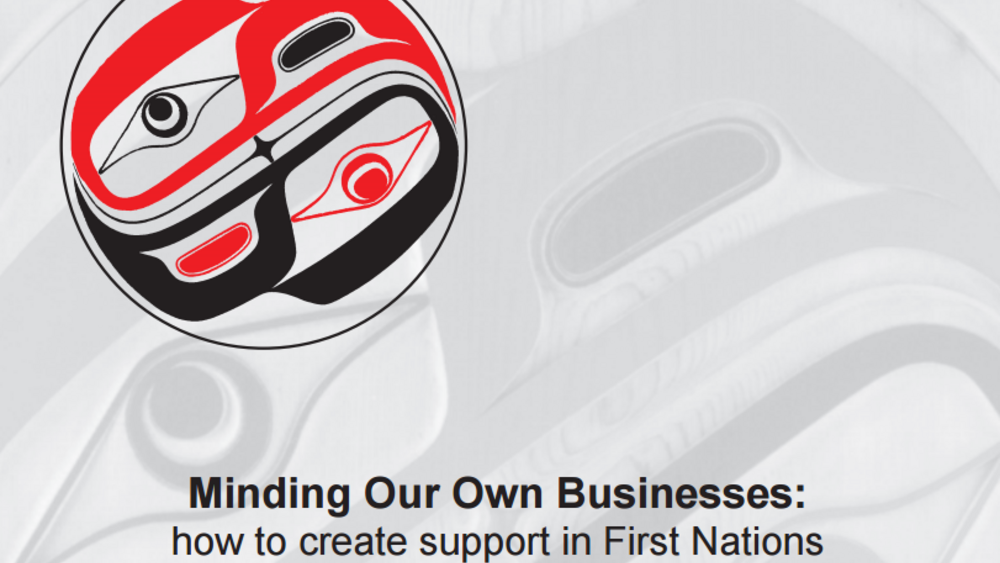
Minding Our Own Businesses: how to create support in First Nations communities for Aboriginal Business
The purpose of the project was to investigate what other First Nations have done to support their small business operators, and to create a process to look at what could be done in your community...
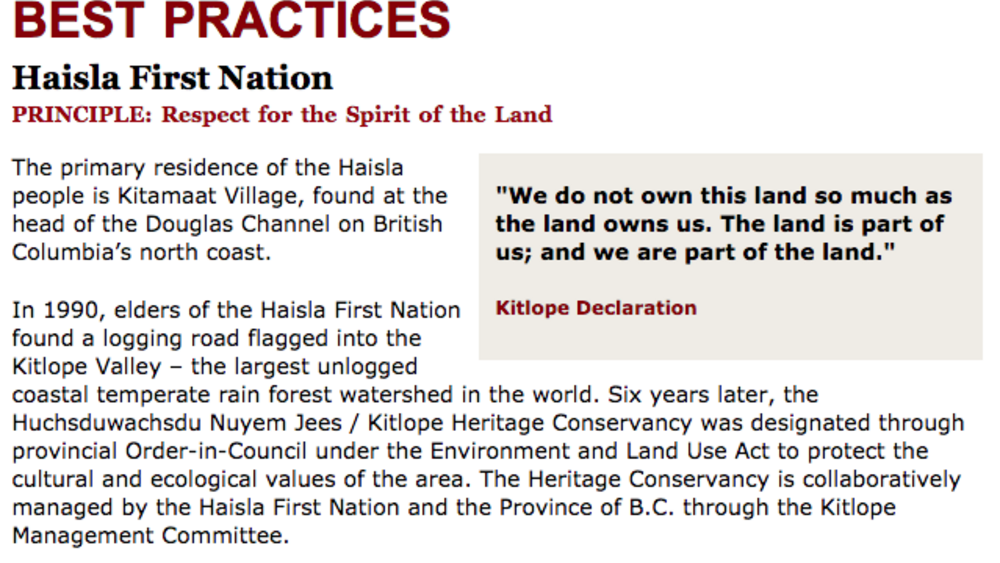
Best Practices Case Study (Respect the Spirit in the Land): Haisla First Nation
The primary residence of the Haisla people is Kitamaat Village, found at the head of the Douglas Channel on British Columbia's north coast. In 1990, elders of the Haisla First Nation found a logging road flagged into the Kitlope Valley -- the largest unlogged coastal temperate rainforest watershed…
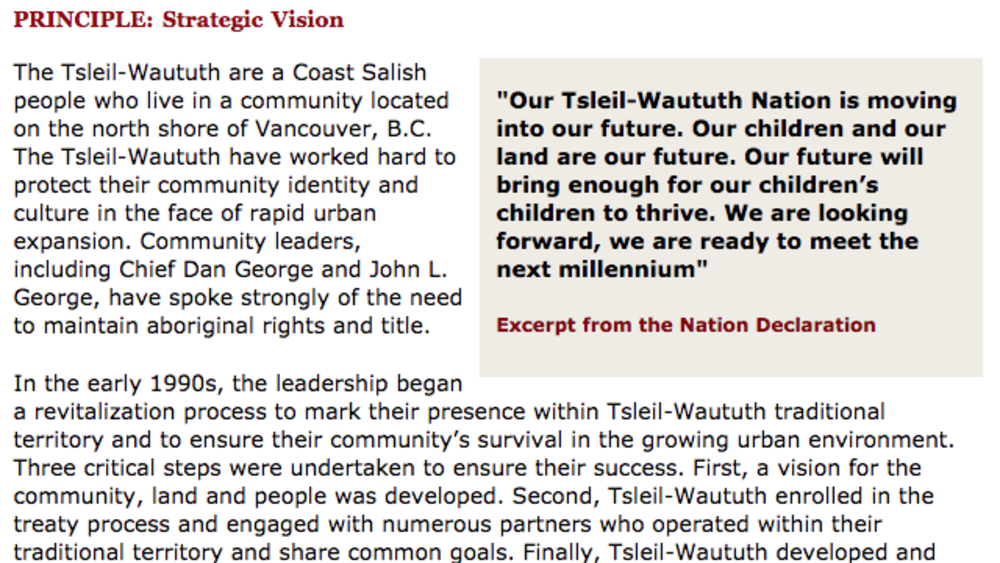
Best Practices Case Study (Strategic Vision): Tsleil-Waututh Nation
The Tsleil-Waututh are a Coast Salish people who live in a community located on the north shore of Vancouver, B.C. The Tsleil-Waututh have worked hard to protect their community identity and culture in the face of rapid urban expansion. Community leaders, including Chief Dan George and John L.…
